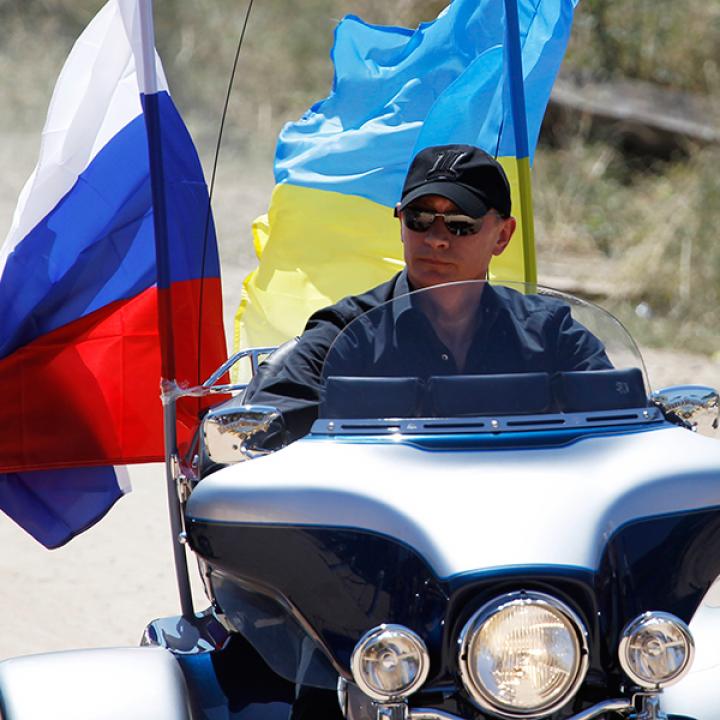

Advocates of increased pressure on Moscow received good news last week with the European Union decision to extend its sanctions by six months. There had been concerns that Greece’s new left-wing government would obstruct the renewal. Yet this bit of progress obscures deeper problems: Athens successfully lobbied to remove any reference to new sanctions, even as Russia expanded its campaign in eastern Ukraine with the brutal shelling of Mariupol.
The lack of progress in reversing the Russian incursion and restoring peace to Ukraine has prompted some calls to accommodate Moscow. But Russia has not complied with commitments it has already made, most notably the September memorandum from Minsk. This should give pause to any Western policymaker contemplating new concessions.
The United States and Europe should recommit to a strategy to reverse Russian advances in Ukraine, and deter further Russian aggression in Europe. Many elements of such a policy are already in place; they should be strengthened and supplemented within three lines of action.
- Sanctions. Sanctions have inflicted significant damage on Russia’s economy but evidently have not altered Vladimir Putin’s calculus. Proposals abound for bolstering them, but lack of unity within the EU may confound such ambitions. If so, the best alternative is to strengthen U.S. sanctions and ensure the continued integrity and enforcement of multilateral measures, giving them time to work.
- Support Ukraine. As important as deterring further Russian aggression is ensuring Ukraine’s success. This crisis began because of Moscow’s efforts to deny Ukraine the right to chart its own path, so thwarting that effort is a message more powerful than any sanction. While the attention to fighting in eastern Ukraine is appropriate, it should not distract from the challenges facing Kiev and the rest of Ukraine. Yes, we should provide Ukraine with arms but not only arms–financial aid and other assistance are key.
- Reduce Europe’s vulnerabilities. Mr. Putin surprised Europe with his boldness in Ukraine, despite his record in Georgia and elsewhere. Lest it prove susceptible again, Europe must act to reduce its vulnerabilities. The United States should work with Europe to strengthen transatlantic relations, which despite their long-standing strategic importance have been demoted in recent years amid a pivot to Asia and crises in the Middle East. This should include not only shoring up NATO’s eastern flank but also bolstering its overall capabilities. Efforts should go beyond security: Those EU states most dependent on Russian gas should diversify, and transatlantic economic ties would be deepened by concluding the Transatlantic Trade and Investment Partnership agreement.
None of this precludes continued engagement with Moscow. But in discussions with the U.S. and Europe, Russia should find itself facing an alliance that is stronger and more united as a result of Moscow’s provocations, not weaker and divided.
Michael Singh is managing director of the Washington Institute for Near East Policy. From 2005 to 2008, he worked on Middle East issues at the National Security Council.



